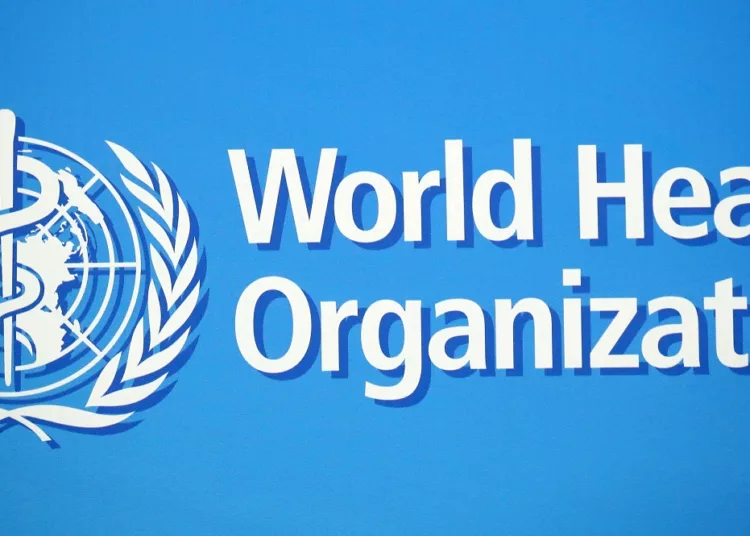A major landmark study published by The Lancet reveals that global immunisation efforts have saved an estimated 154 million lives or the equivalent of 6 lives every minute of every year, over the past 50 years.
The study revealed that the vast majority of lives saved (101 million) were those of infants.
The study, led by the World Health Organisation (WHO), shows that immunisation is the single greatest contribution of any health intervention to ensuring babies not only see their first birthdays but continue leading healthy lives into adulthood.
Of the vaccines included in the study, the measles vaccination had the most significant impact on reducing infant mortality, accounting for 60 percent of the lives saved due to immunisation.
Over the past 50 years, vaccination against 14 diseases (diphtheria, Haemophilus influenzae type B, hepatitis B, Japanese encephalitis, measles, meningitis A, pertussis, invasive pneumococcal disease, polio, rotavirus, rubella, tetanus, tuberculosis, and yellow fever) has contributed to reducing infant deaths by 40 percent globally, and by more than 50percent in the African Region.
“Vaccines are among the most powerful inventions in history, making once-feared diseases preventable,” said director-general of WHO, Dr Tedros Adhanom Ghebreyesus.
He said, “Thanks to vaccines, smallpox has been eradicated, polio is on the brink, and with the more recent development of vaccines against diseases like malaria and cervical cancer, we are pushing back the frontiers of disease. With continued research, investment and collaboration, we can save millions more lives today and in the next 50 years.”
The study found that for each life saved through immunisation, an average of 66 years of full health were gained – with a total of 10.2 billion full health years gained over the five decades. As the result of vaccination against polio more than 20 million people are able to walk today who would otherwise have been paralysed, and the world is on the verge of eradicating polio, once and for all.
These gains in childhood survival highlight the importance of protecting immunisation progress in every country of the world and accelerating efforts to reach the 67 million children who missed out on one or more vaccines during the pandemic years.




